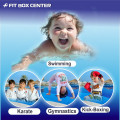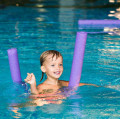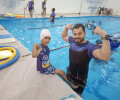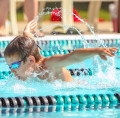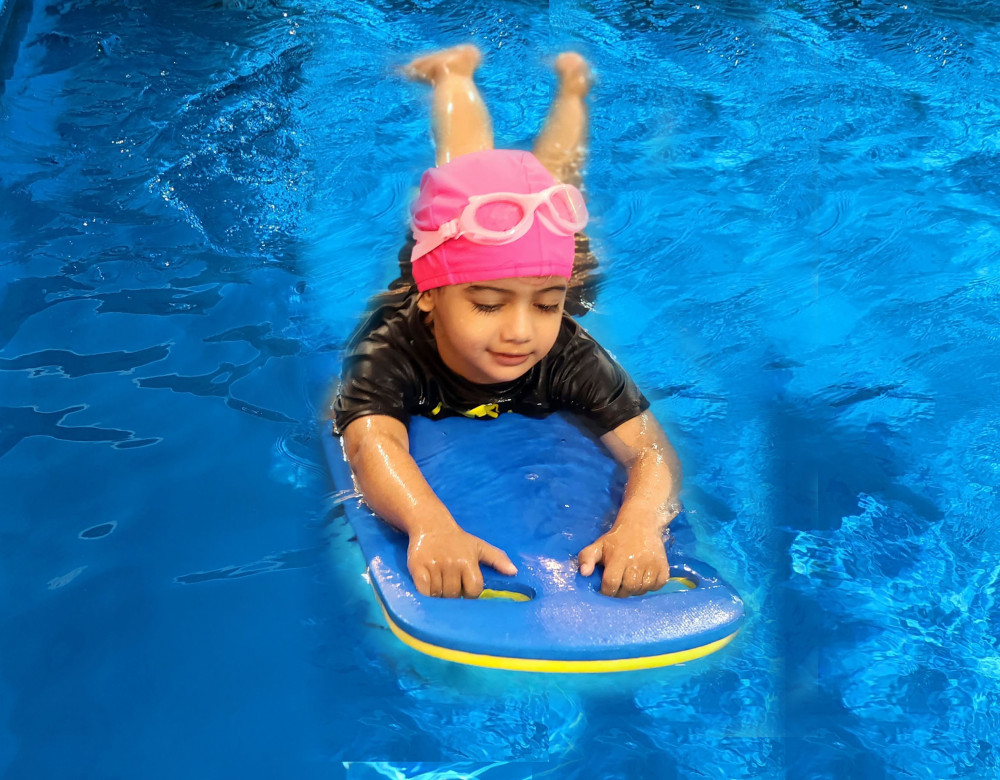
Swimming Kids with Good Manners to Learn Skills
2024-11-20 - swimmingIntroduction to Swimming and its Benefits
Swimming is more than just a sport—it's a vital life skill that ensures safety, boosts confidence, and opens doors to countless opportunities. For kids, learning to swim is an adventure that combines fun, fitness, and personal growth. But what happens when you sprinkle good manners into the mix? You get kids who not only excel in swimming but also grow into respectful, disciplined individuals.
Why Swimming is a Lifelong Skill
Swimming is a skill that sticks with you forever. Unlike some sports that fade with age, swimming can be practiced and enjoyed at any stage of life. Plus, it’s a critical safety skill—knowing how to stay afloat or swim to safety can save lives.
Benefits of Swimming for Kids
Physical Health Benefits
Swimming engages the whole body, improving strength, flexibility, and endurance. It's a low-impact activity that helps kids stay fit without putting stress on their growing joints.
Mental and Emotional Well-being
The rhythmic nature of swimming can be calming, reducing anxiety and improving focus. It’s also a confidence booster, as kids overcome challenges and master new skills.
Social Interaction and Teamwork
Swimming classes foster friendships and teach kids how to collaborate, whether they’re sharing lanes or cheering each other on during relays.
Importance of Good Manners in Learning Swimming
Manners play a crucial role in creating a positive and effective learning environment. When kids practice good manners, they respect their instructors, classmates, and the rules of the pool, setting the stage for success.
Building Respect for Coaches and Peers
A simple "thank you" to the coach or a high-five for a teammate can go a long way. Respect builds trust and makes the learning process enjoyable for everyone.
Creating a Positive Learning Environment
Good manners minimize conflicts and distractions, allowing everyone to focus on learning. A harmonious environment benefits all swimmers in the class.
Fostering Discipline in Kids
Swimming requires discipline, whether it’s following instructions or practicing consistently. Good manners help kids develop the self-control needed to excel.
Core Swimming Skills for Kids
Basic Water Safety Skills
Before diving into strokes, kids should learn to float, tread water, and recognize potential dangers in the water.
Essential Techniques for Young Swimmers
Floating and Gliding
These foundational skills teach kids how to balance in the water and move efficiently.
Basic Strokes (Freestyle, Backstroke)
Starting with simple strokes ensures kids develop proper form and build confidence.
Breathing Techniques
Learning to breathe properly is essential for stamina and overall comfort in the water.
Teaching Good Manners in Swimming Classes
Greeting Coaches and Fellow Swimmers
A friendly "hello" sets a positive tone for the session and helps build camaraderie.
Taking Turns and Sharing Space
Pool space is limited, and taking turns ensures everyone gets a fair chance to practice.
Encouraging and Supporting Others
Cheering for peers creates a supportive atmosphere that motivates everyone to do their best.
Creating an Engaging Learning Experience
Making Learning Fun through Games
Incorporating games like "Sharks and Minnows" makes practice enjoyable and engaging.
Rewarding Good Behavior
Recognition for good manners—like a small reward or verbal praise—encourages kids to keep it up.
Setting Clear Expectations
Establishing rules at the start helps avoid misunderstandings and ensures smooth lessons.
Role of Parents in Supporting Good Manners
Leading by Example
Kids often mirror their parents. Showing respect to the coach and other parents sets a powerful example.
Reinforcing Positive Behavior at Home
Practice makes perfect. Encouraging polite behavior at home reinforces what kids learn in class.
Ensuring Consistent Practice
Regular practice helps kids retain both skills and manners, making them second nature.
Challenges in Teaching Manners and Skills
Addressing Fears and Hesitations
Fear of water is common. Patience and positive reinforcement help kids feel safe and confident..


